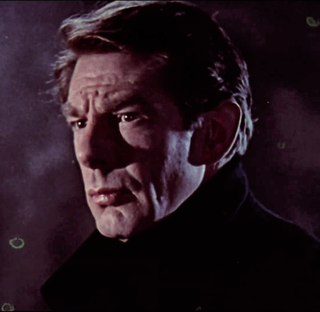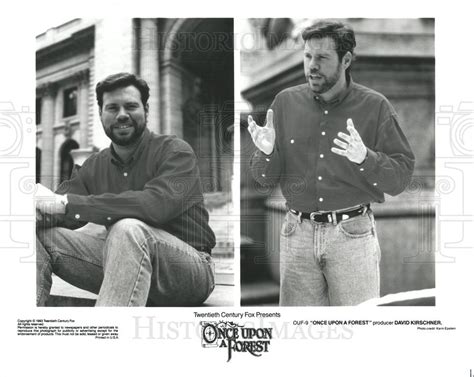A Quote by Meryl Streep
I really worked very hard to bring my voice back because I used to have a good voice, and to try to do my exercises that I remember from Yale and all the things in the olden days, clearing your sinuses and all that.
Related Quotes
Something like Deckard Cain is great; it doesn't ruin your voice. But games that involve violence or battle or mutating and stuff like that really does take a toll on your voice. And I've even had to start to go to a voice guru kind of guy to do exercises to try to save and get back some of what I lost.
There was a whole cut of the movie where Tom Holland decided to try a woman's voice for the voice of Chucky, proceeding from the logic that it worked with Mercedes McCambridge voicing the voice of Satan in "The Excorsist" so he thought he would give it a try. It didn't really work. Chucky just sounded kind of gay.We brought that back in Seed of Chucky.
We're always being told 'find your voice.' When I was younger, I never really knew what this meant. I used to worry a lot about voice, wondering if I had my own. But now I realize that the only way to find your voice is to use it. It's hardwired, built into you. Talk about the things you love. Your voice will follow.
I had to get the voice back, the precise pitch of Sid's voice and I'd forgotten that I'd pitched him higher than my regular voice, so that was a little difficult to begin with. It was especially hard because we started recording in the morning so I had to warm up a lot and my usual voice is a little more gravelly.
But I'm pretty lucky with my voice. When I first started touring I went to see a woman to give me some coaching on how not to lose my voice. And she was just saying really your voice is a muscle so if you're using it all the time you should actually come back from tour with a stronger voice than you left with. And that's really how I find it.
I try to keep it in a very low impact - I have scoliosis, so exercises can be really hard on my back, whether it's too much running, jumping or boxing. I'll do those things once in a while, but I keep it mostly Pilates, resistance-band based, softer exercises that build strength from inside the muscle.
Social media is amazing because it's opened a platform for so many people to have a voice - but that voice can get inside your head, and it can really mess with you. The only way to avoid that is to have a strong sense of self. I can't say that I have one, but I can tell you I'm working really hard on it.



































